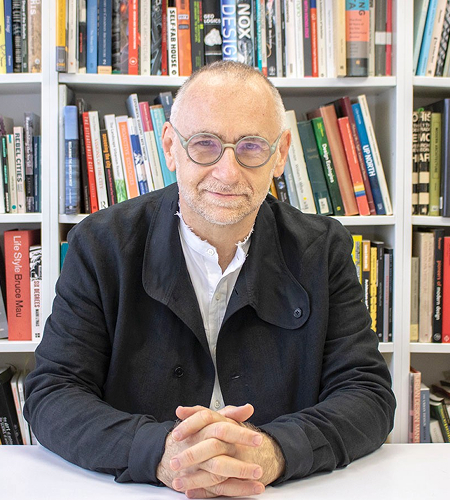Message from the Chair

"Read. Write. Talk. Think. Design your future.”
Over the last decade, we have been reminded—sometimes abruptly—just how much our lives revolve around interior space. Interiors are never neutral: they can provide comfort, safety, and belonging, but just as easily they can impose limits, amplify stress, or mark exclusion. More than backdrops, they are active participants in shaping how we live and who we become.
The significance of interior space, however, is hardly new. For most of us, the interior is where life happens. As a civilisation of the interior, we spend the vast majority of our days within rooms, halls, corridors, and thresholds. These environments organize daily routines, open possibilities, and set boundaries. Interiors tell us what we can do—and what we cannot—while at the same time structuring the intimate relationship between our surroundings and our sense of self.
This intimate connection to the human is what makes interior design such an important discipline and profession in the contemporary world. In the School of Interior Design, we are dedicated to a deep investigation of the interior. Our students and faculty members are fully engaged not only in questions of how to design interiors and of how those design methods are changing with the advent of new and exciting technologies, but also in questions of how those designed spaces interface with the larger emergent issues of our world, including the climate crisis and the need for social and racial equity, diversity and inclusion. This is both an exciting and daunting task.
Luckily, we have one of the most powerful of secret weapons at our disposal: our students! In the end, it will be up to the next generation to develop its own tools and ideas for the design of its future. At TMU, our goal is to put the elements in place to allow our students to explore, play, grow and develop into strong, confident professionals. So – if you are a new student, or are returning for another year, I urge you to make full use of the opportunities that are presented to you. Challenge yourself. Challenge your professors. Challenge the received ideas of design. Take risks. Struggle. Get frustrated. Accept failure as a learning opportunity. Learn to do things you never thought you could do – and have fun doing them. Read. Write. Talk. Think. Design your future.
Colin Ripley
Chair, School of Interior Design
Toronto Metropolitan University